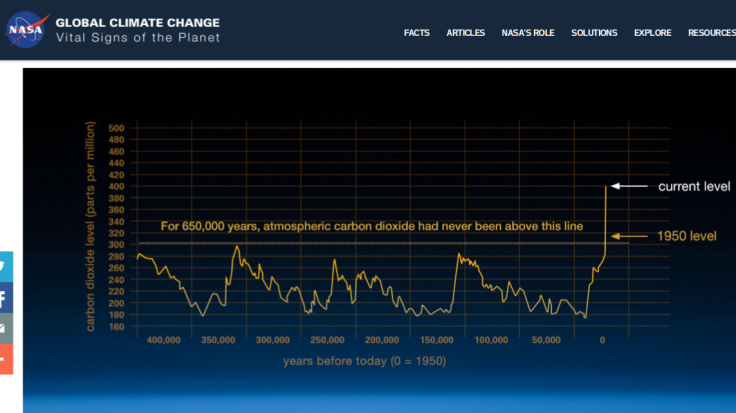Nearly 3.5 billion people across the world may be forced to live in extreme conditions that are considered unsuitable for humans, claims a new study conducted by a team of ecologists, climate scientists and archaeologists.
The study suggests that people in some parts of the world may have no choice but to survive in the “nearly unlivable” conditions due to temperature rise if global warming continues to remain unchecked over the next few years.
Among all countries, the extreme conditions may particularly affect people residing in some of the fastest-growing populations of India, sub-Saharan Africa, northern Australia, the Middle East and some parts of South America.
The researchers believe that by the year 2070, most of the population from these regions may be forced to live in conditions that are unsuitable for human life to flourish and is way different from the conditions that humans have been flourishing in since the last 6,000 years.
Temperatures over the next few decades are expected to rise rapidly, owing to an increased release of greenhouse gas emissions. In the absence of any strong measures to reduce greenhouse emissions, nearly 19 percent of the Earth’s land area can be exposed to extreme temperatures. Currently, only 0.8 percent of the Earth’s area, from the hottest Sahara desert records the highest temperature that falls under the extreme category.
According to co-author Marten Scheffer of Wageningen University in the Netherlands, the Earth may heat to an extent that makes it barely survivable and unfortunately, it may never cool down again.
“ Not only would this have devastating direct effects, it leaves societies less able to cope with future crises like new pandemics. The only thing that can stop this happening is a rapid cut in carbon emissions,” said Scheffer in a statement.
The researchers further say that 3.5 billion number is the worst-case scenario considering the greenhouse gas emission will continue to rise in the coming decades. If the emissions are reduced now and in the coming years, the number may drop to about a billion.

© 2025 Latin Times. All rights reserved. Do not reproduce without permission.




